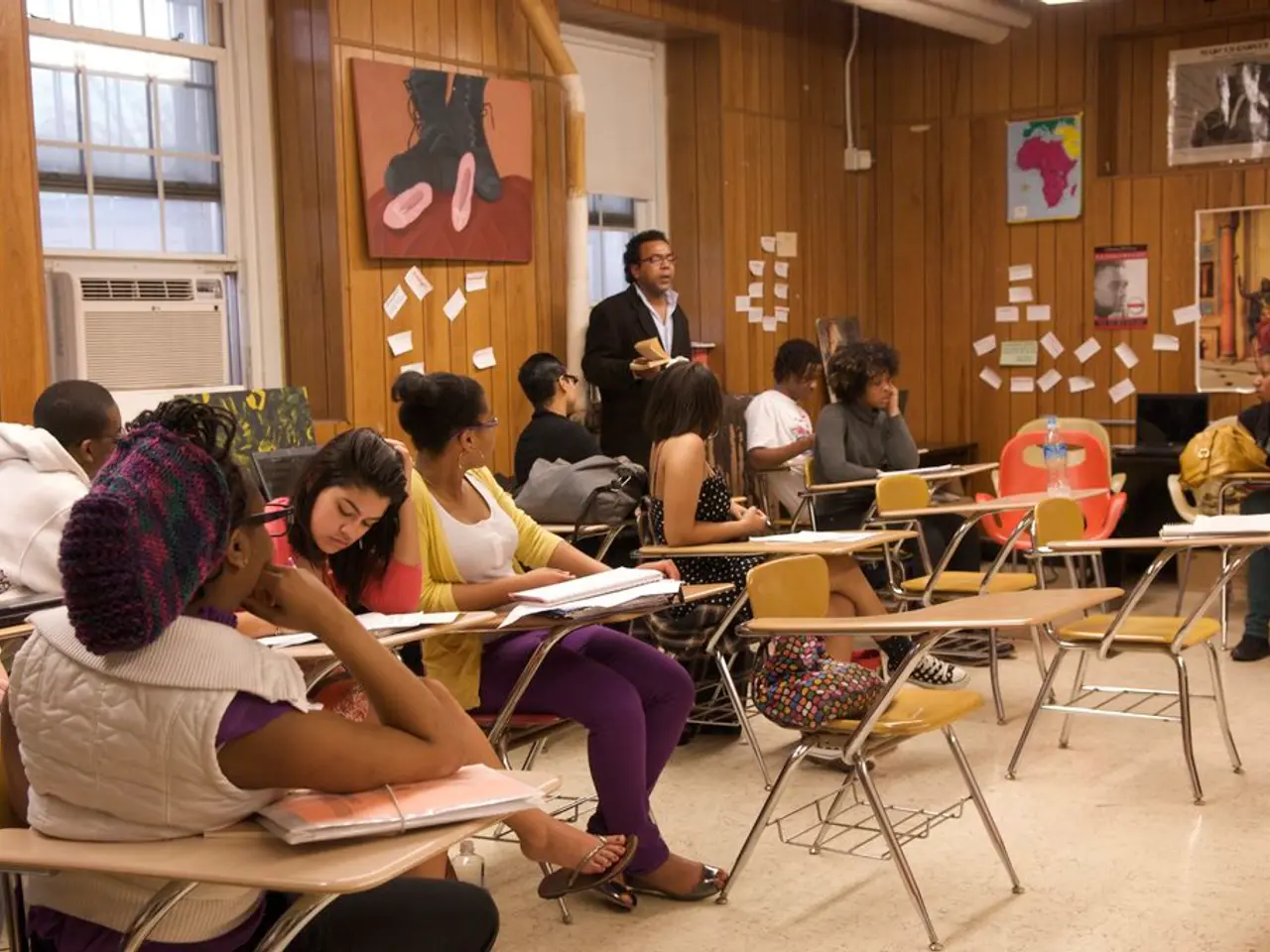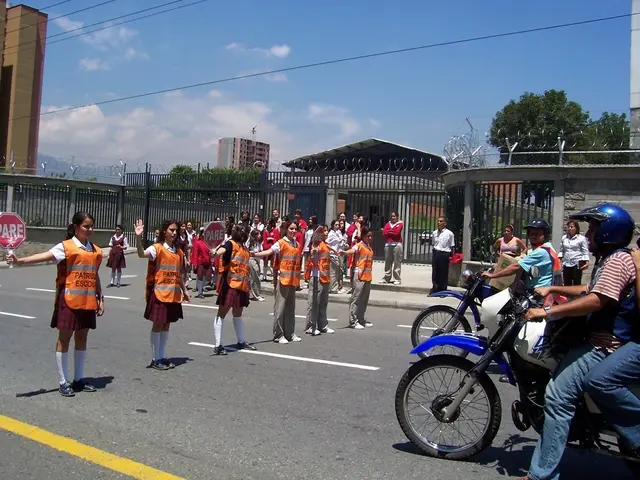Disruption or Interruption
In the heart of Worcester, Massachusetts, the College of the Holy Cross is navigating a unique blend of challenges and resilience. From adjusting to the disruptions caused by the COVID-19 pandemic to addressing the mental health crisis that has gripped the campus, students and administration alike are working tirelessly to ensure a supportive and nurturing environment.
Among the various issues facing the student body, one point of contention has emerged: the use of the term "break" to describe the periods off from school. Anna Lee '24, the Opinions Editor for the College's newspaper, argues that this terminology is misleading, as it implies a complete pause from schoolwork, which is far from the reality for many students.
During the recent break from October 11th to October 20th, students found themselves not only catching up on academic work but also managing a myriad of responsibilities. From summer internship applications to medical appointments, athletic team meetings, and car repairs, the break often serves as a time for students to juggle their various commitments.
This is not to say that students do not appreciate the reprieve from scheduled classes. However, the term "break" may be based on an outdated notion that college students are still considered children, and that the break is intended to be a recess-like period for relaxation and play. In reality, students are balancing their academic responsibilities with a multitude of other commitments, making the term "break" a misnomer.
The College's administration has faced criticism for this use of language, with some students feeling that the term does not accurately reflect the nature of the period off from school. While the administration may have good intentions, the use of the word "break" can create unrealistic expectations and add to the pressure students feel during these periods.
In addition to the mental health crisis that has been a significant issue for students, the College of the Holy Cross has also faced challenges for BIPOC students during the pandemic. The administration and student body are working together to create a more inclusive and supportive environment for all students.
Anna Lee '24, in her role as Opinions Editor, has been a vocal advocate for addressing the mental health crisis on campus. She has written a letter addressing the issue, highlighting the need for increased support and resources for students struggling with mental health issues.
As the College continues to grapple with these challenges, the use of language remains an important consideration. By being mindful of the terminology used in academic calendars and other communications, the administration can help create a more accurate and supportive environment for students during these periods off from school.
Read also:
- Construction fleet and urban transport emissions could see a significant reduction with the implementation of biogas as a game-changing solution.
- Pforzheim encounters 'intrinsic difficulties' as per the findings of the study
- Supplier Choices and Quality Evaluation for Bulk Rigid Containers
- Understanding Visual Communication's Role and Its Significance








